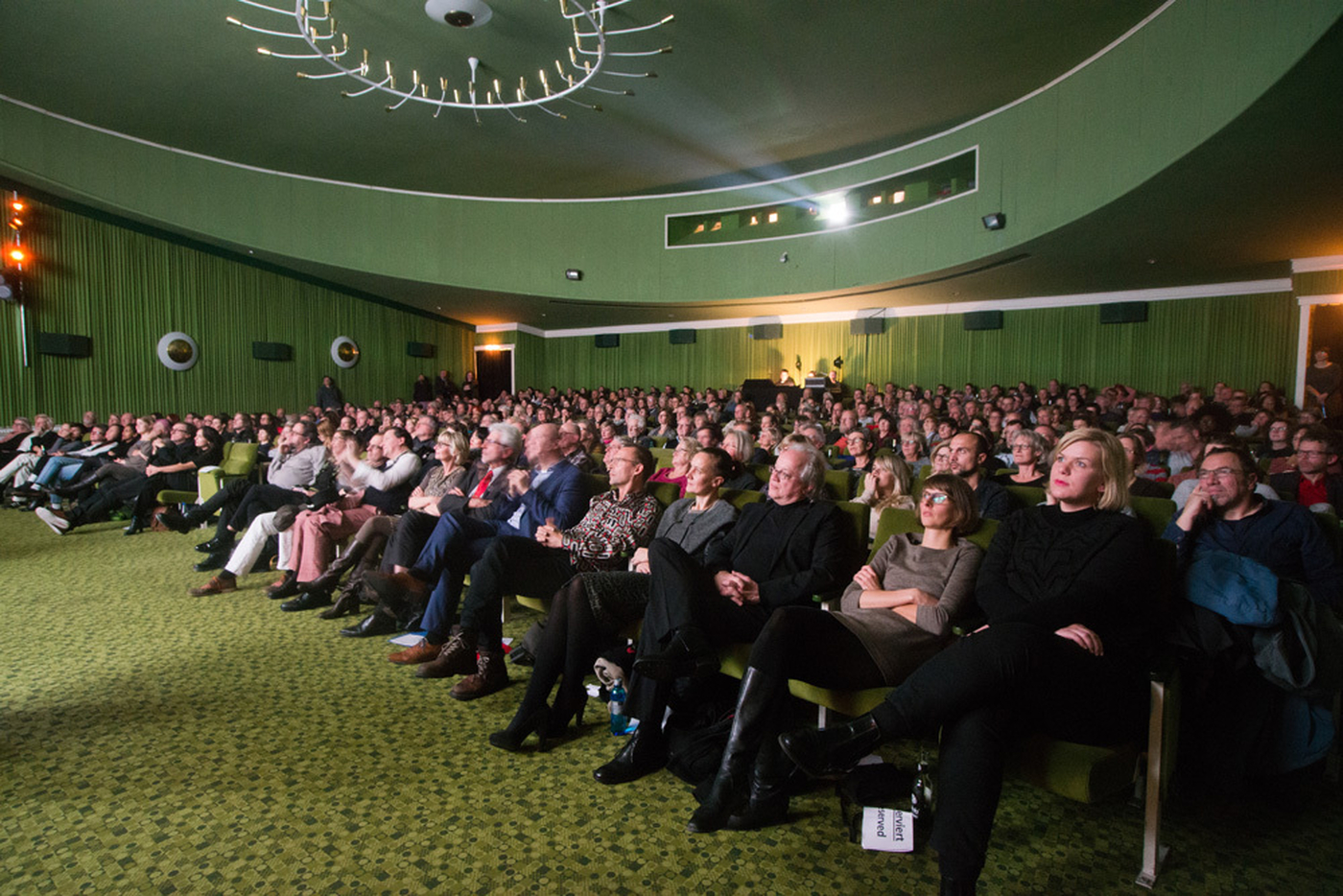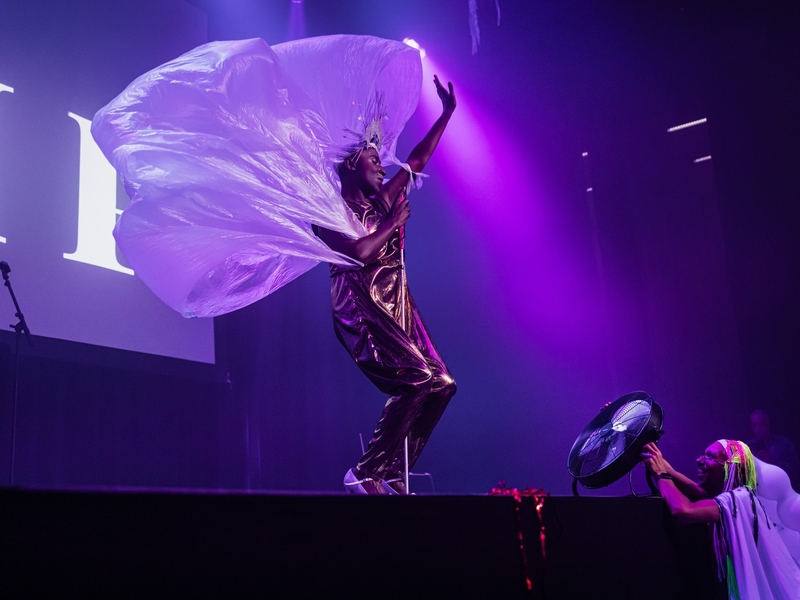Kassel Documentary Film and Video Festival - EFFE Laureate
Simon Mundy interviews Gerhard Wissner, Kassel Dokfest Festival Director
Kassel is a city that could be a lesson in civic survival so it is perhaps not surprising that its main international festival is one devoted to documentaries. The city sees itself as being at the geographical centre of Europe (depending on how Europe is defined) but it is certainly central in Germany, a relatively small city of around 200 thousand that found itself heavily influenced by the atmosphere of the Cold War because of its close proximity on the Western side to the East German border about 30km away.

Kassel Dokfest has a reputation for seriousness and Gerhard Wissner, the festival's long-term Director, agrees that almost by definition, documentaries tend to deal with the world's problems rather than its levity. 'My opinion is that you have to face how the world is and then you will react.'
That, though, only gives one side of the festival, which has been running since 1981. It covers, says Gerhard, any form of visual activity that is not fiction. 'It is about how you question, imagine without making up stories, and explore ways of dealing with time and space.' Documentary now has evolved and is a great deal wider than just journalism on film.
A major part of Kassel Dokfest now looks at the way artists are using the audio visual medium to chronicle the world around them – their use of screens, installations and sound. The artist's approach to recording and reacting, editing and manipulating is very different from traditional reportage.
'What keeps me going,' says Gerhard, 'is that it is different each year.' Because it does vary so much from year to year he is 'shy to discuss trends', finding that filmmakers inevitably work on the themes that occupy society at any moment. 'There were some years when we had a lot of films about refugees but that has slackened.' There are a mass of biopics at the moment, the environment is covered, and he finds that many young directors make films about their own family and then their focus widens as they grow older. 'What I see missing, though, are films looking at our own society in Germany.' Perhaps it is easier to make documentaries about 'other people'.
Gerhard works with a selection team of 23, sifting through the more than 3.000 films and projects submitted, for both screening and competition. Roughly 250 are shown during the six days of Dokfest each November. The festival understands itself as European and addresses an international audience, which is supported by the language rule that everything has English subtitles, including German submissions.
The festival is connected and integrated into the city very well, so Kassel Dokfest has a list of some 200 hosts who are willing to put up filmmakers in their homes. This has huge advantages, says Gerhard. The hosts come to see the films and guide the participants around town where they meet many local people, start friendships and often new projects. 'It means that we are more than an event, we are a community.'
Note from the EFFE International Jury
This November festival has been held for 35 years. It shows well over 200 short films in six days and concentrates on experimental artistic productions as well as documentary features. It explores the outer reaches of contemporary visual media, including installations, educational film and a university film day.
Kassel Documentary Film and Video Festival
12 Nov 2019 - 17 Nov 2019
Kassel, Germany


